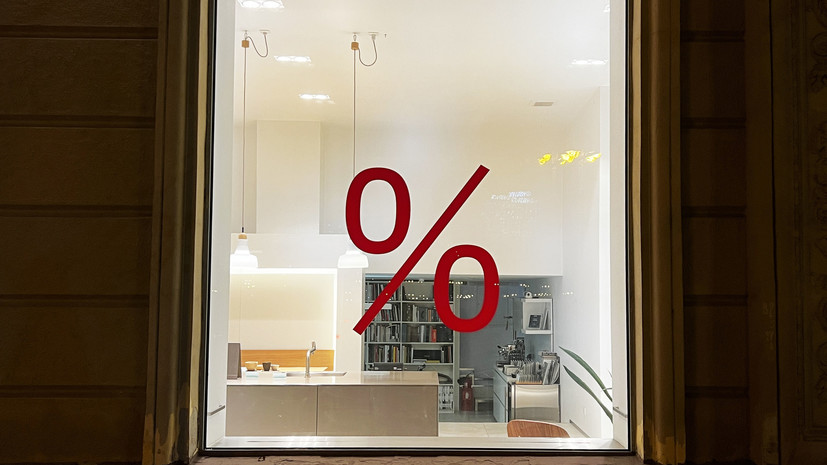Russians can get the opportunity at the legislative level to prohibit themselves from taking loans.
Such an initiative was developed by specialists of the Central Bank of the country.
“The bill, which establishes the mechanism of self-prohibition of loans and borrowings, has passed interdepartmental coordination, received conceptual market support and is being prepared for submission to the State Duma,” writes RIA Novosti with reference to the press service of the Central Bank.
For the first time, regulator experts proposed a self-ban on loans back in June 2022.
As conceived by the authors, a person will be able to protect himself from a situation where fraudsters draw up a loan in his name.
“To do this, you will need to fix a special ban in your credit history.
The new mechanism will reduce the risk of attackers using personal data leaks of citizens, including copies of passports, logins, passwords, and so on,” the Bank of Russia explained.
According to Mikhail Mamuta, head of the service for consumer rights protection and ensuring the availability of financial services of the Central Bank, the regulator has recently received many complaints related to issuing loans to people.
Moreover, the person himself often does not know that a loan has been issued in his name.
Moreover, there are cases when citizens are persuaded to take a loan from a bank on their own and transfer funds to scammers.
“In order to help people cope with this evil, we have developed proposals to be introduced into the law.
How it works?
A person will be able to put a special mark “I forbid giving me a loan” in the credit bureau.
This is such self-defense.
This can be a ban on issuing only an online loan so that there is no fraud with online loans, or a complete ban on issuing a loan,” Mamuta explained.
It is noteworthy that a person will be able to set and remove such restrictions as many times as he likes for free.
To do this, he will need to apply to a bank, microfinance organization (MFO) or any qualified credit bureau, including through the State Services portal.
In the future, before granting a loan, lenders will check the borrower's credit history for the presence of such self-prohibitions.
If the client still wants to take out a loan on his own, he will have to remove the restriction, and after that, two days later, the bank will be able to give him money.
As explained in the Central Bank, the two-day waiting period is designed to help citizens further protect themselves from intruders.
“Methods (scammers. -
RT
) ... are aimed at subordinating a person to the will of the criminal and introducing him into a certain psychological delusion.
If there is a short cooling period, that is, a break point in communication, then, as a rule, a person has enough quick wits.
Or he will talk with his friends, with acquaintances, in order to understand that something is wrong.
We think that these innovations will help many people avoid the risks of fraud and make their lives calmer and safer,” Mikhail Mamuta explained.
RIA News
© Mikhail Voskresensky
As Anatoly Aksakov, chairman of the State Duma Committee on the Financial Market, told RT, today Russians have the opportunity to write an application to the bank and refuse a loan, for example, if the loan was issued without the knowledge of the client or under pressure from intruders.
At the same time, banks or MFIs do not always meet the victims of fraudsters, so the authorities decided to take measures to protect citizens.
“At the same time, the initiative is very flexible: a person can either put a restriction or change his mind at any time, refusing to ban it.
To do this, he does not even have to go to the bank, since everything can be done remotely, ”added the deputy.
After a citizen puts a ban on issuing loans, for example, through the State Services portal, information about this will automatically go to all qualified credit history bureaus, Alexei Voylukov, vice president of the Association of Banks of Russia, said in an interview with RT.
If, despite the restrictions, the lender still issued a loan, he will not be able to demand repayment of the debt from the client.
“If a financial institution sees a ban on issuing a loan, it can still issue a loan.
However, if a citizen applies with a statement that he did not take a loan and he has a restriction on their issuance, then the legislation will be on his side, ”concluded Voylukov.

